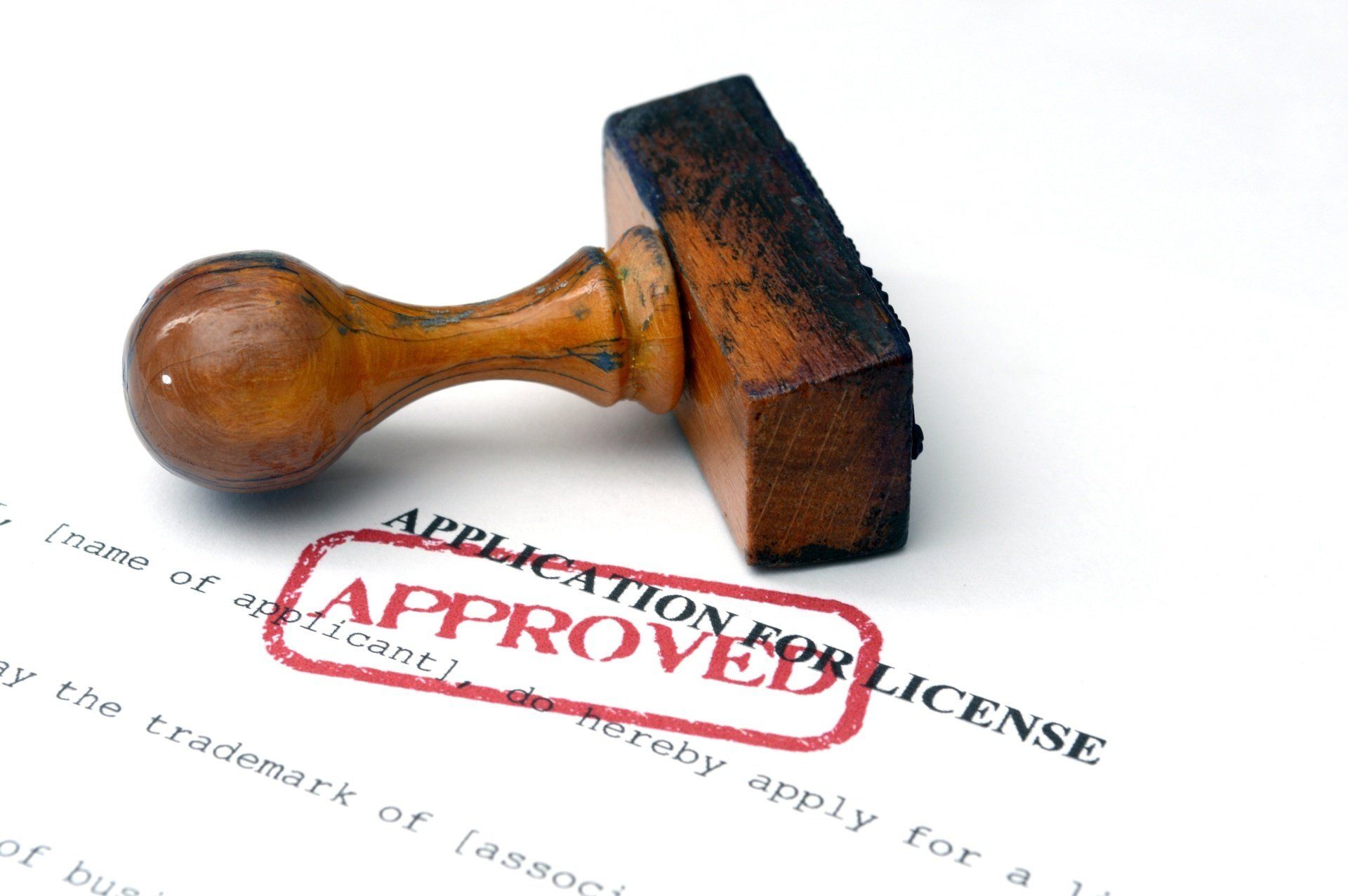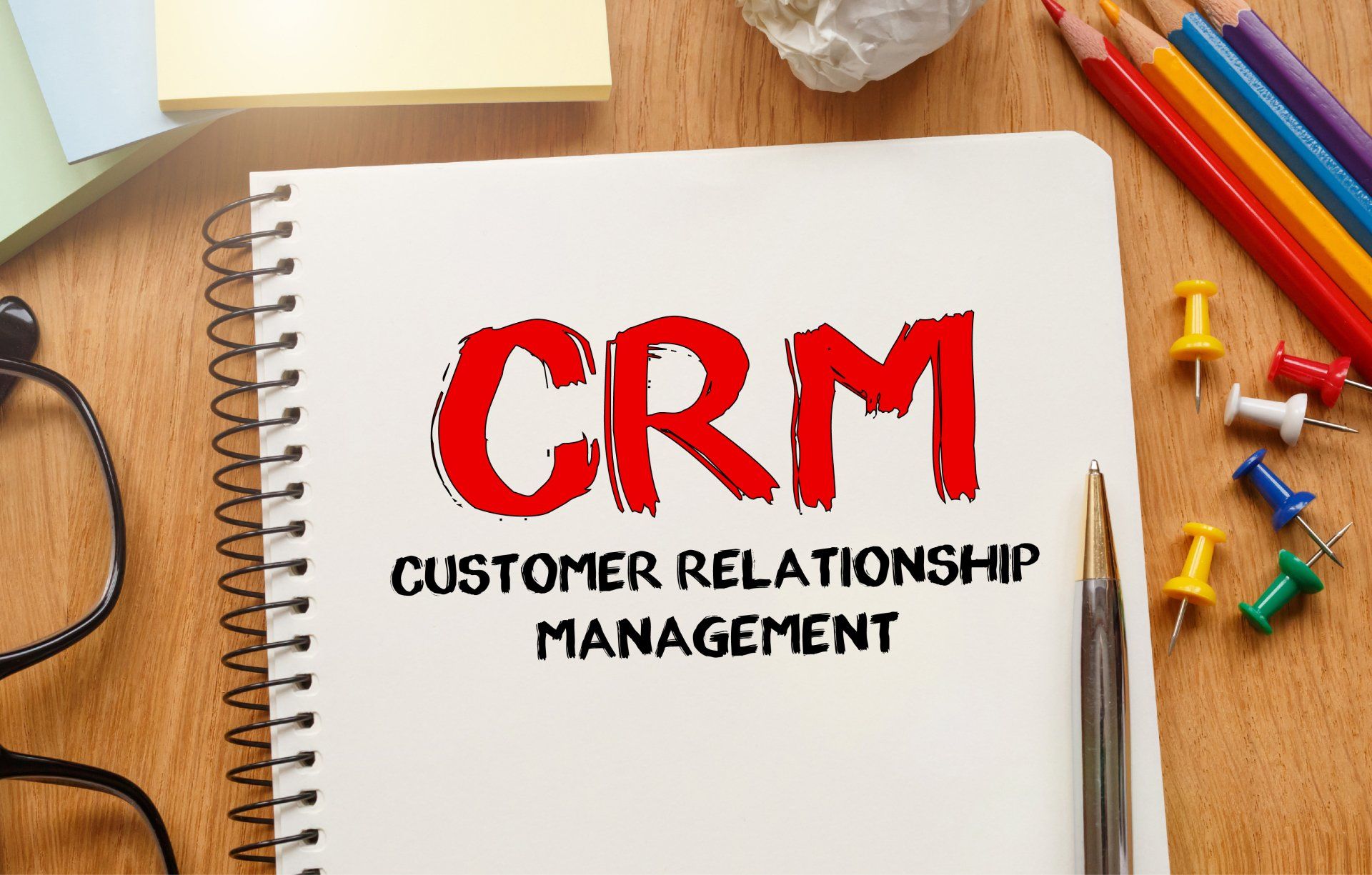How to Upgrade Your Florida Contractor’s License to a Higher Class
How to Upgrade Your Florida Contractor’s License to a Higher Class
As a licensed contractor in Florida, you may eventually find that your business needs to expand its scope of work. Whether you're looking to move from residential to commercial projects or increase the size of the projects you can legally take on, upgrading your contractor’s license to a higher class can be an essential step in growing your business.
In this blog post, we’ll guide you through the process of upgrading your Florida contractor’s license and provide helpful tips for ensuring a smooth transition.
Why Upgrade Your Florida Contractor’s License?
Upgrading your contractor's license to a higher class can offer several benefits:
- Access to Bigger Projects: A higher class of license (e.g., General Contractor vs. Residential Contractor) allows you to bid on and manage larger projects, such as commercial builds, government contracts, or high-budget residential developments.
- Expanded Services: By upgrading, you can offer a wider range of services to your clients, including those that require more extensive experience, expertise, and compliance.
- Increased Revenue Potential: With a higher class of license, you’ll be eligible for higher-paying projects and larger contracts, which can significantly increase your revenue.
Steps to Upgrade Your Florida Contractor’s License
Upgrading your contractor’s license in Florida requires some additional steps, but with the right approach, the process can be manageable. Here are the key steps involved in upgrading your license:
1. Ensure You Meet the Eligibility Requirements
Before you can upgrade your license, you'll need to meet the eligibility criteria for the higher class of contractor’s license. The Florida Construction Industry Licensing Board (CILB) outlines specific qualifications based on the type of work you plan to take on.
- Experience Requirements: You may need to demonstrate additional years of experience in the construction industry, typically ranging from two to four years, depending on the class of license you are upgrading to. This experience should reflect the scope and complexity of the projects you plan to work on.
- Education Requirements: Certain classes of licenses may also require more formal education or specific certifications. For example, a general contractor might need to complete certain coursework in construction management or related fields.
If you’re upgrading from a residential contractor license to a general contractor license, you will likely need to provide proof of more extensive work experience in commercial construction.
2. Submit Your Application for License Upgrade
Once you meet the eligibility requirements, you’ll need to submit an application to upgrade your contractor's license. This process involves completing the appropriate forms and submitting them to the Florida Department of Business and Professional Regulation (DBPR).
- Application Forms: Make sure to fill out the correct application for the class of license you’re upgrading to. There are separate applications for residential, general, and specialty contractor licenses.
- Required Documentation: Along with the application, you’ll need to provide documentation that proves your qualifications. This can include:
- Proof of work experience (e.g., work logs, job descriptions, supervisor references).
- Evidence of additional education or certifications, if applicable.
- A credit report or financial statement, as required for certain licenses.
If you're upgrading to a commercial contractor license, you may need to provide more detailed records of your previous work on commercial projects.
3. Pass the Required Exam
In most cases, upgrading your license will require passing an additional exam. For example, if you’re upgrading from a residential contractor to a general contractor, you'll need to pass the general contractor’s exam.
- Exam Content: The exam will typically test your knowledge of construction codes, laws, safety regulations, building practices, and project management techniques. The exam will also cover other specialized areas related to the class of license you are upgrading to.
- Study Materials: It’s important to prepare for the exam by studying relevant materials, including Florida building codes, safety standards, and contractor laws. There are many prep courses and study guides available to help you pass the exam on your first attempt.
4. Submit Proof of Insurance and Bonding
For many higher class licenses, including general contractors, you will be required to demonstrate financial responsibility and provide proof of insurance and bonding. This is to ensure that you have the necessary financial resources to handle larger projects and manage potential risks.
- Insurance: Contractors are typically required to carry general liability insurance, worker’s compensation insurance (if applicable), and sometimes other forms of coverage. The insurance limits will vary based on the type and size of the projects you plan to undertake.
- Surety Bond: A surety bond may also be required as part of the financial responsibility requirements. The bond guarantees that you will comply with Florida’s laws and regulations regarding construction work.
Ensure that you meet all insurance and bonding requirements for the class of license you are upgrading to.
5. Pay the Required Fees
Upgrading your contractor’s license usually involves paying a fee, which can vary based on the class of license you're applying for and other factors such as whether you need to take an exam. Make sure to pay the necessary fees when submitting your application.
6. Wait for Approval and Confirmation
Once your application, documentation, and fees have been submitted, it will be reviewed by the Florida Department of Business and Professional Regulation (DBPR). If everything is in order and you’ve met all the eligibility requirements, your license upgrade will be approved.
- Processing Time: The approval process can take several weeks, depending on the volume of applications and whether any additional documentation or information is required. You will be notified once your upgrade is approved, and you can begin taking on larger projects.
- License Renewal: Don’t forget to keep track of your license renewal dates and continuing education requirements. Most contractor licenses in Florida need to be renewed every two years.
Tips for a Smooth Upgrade Process
- Start Early: The process of upgrading your license can take time, especially if you need to gather additional documents or study for an exam. Start the upgrade process well in advance of when you hope to begin working on larger projects.
- Seek Professional Help: If you’re unsure about the specific requirements or steps involved in upgrading your license, consider working with a professional licensing service like Contractors Reporting Service. They can help ensure that your application is complete, your documents are accurate, and you meet all the necessary requirements.
- Stay Organized: Keep detailed records of your work experience, certifications, and any correspondence with the licensing board. Having everything organized will make the application process much smoother.
Conclusion
Upgrading your Florida contractor’s license to a higher class can significantly expand your business opportunities and increase your earning potential. While the process can be time-consuming and requires attention to detail, following the steps outlined above will help you successfully upgrade your license and take on larger, more lucrative projects.
If you’re ready to upgrade your Florida contractor’s license, don’t hesitate to reach out to Contractors Reporting Service.. Our team can guide you through the entire process, ensuring that you meet all the requirements and make the transition smoothly.
Ready to take your business to the next level? Start the upgrade process today!












